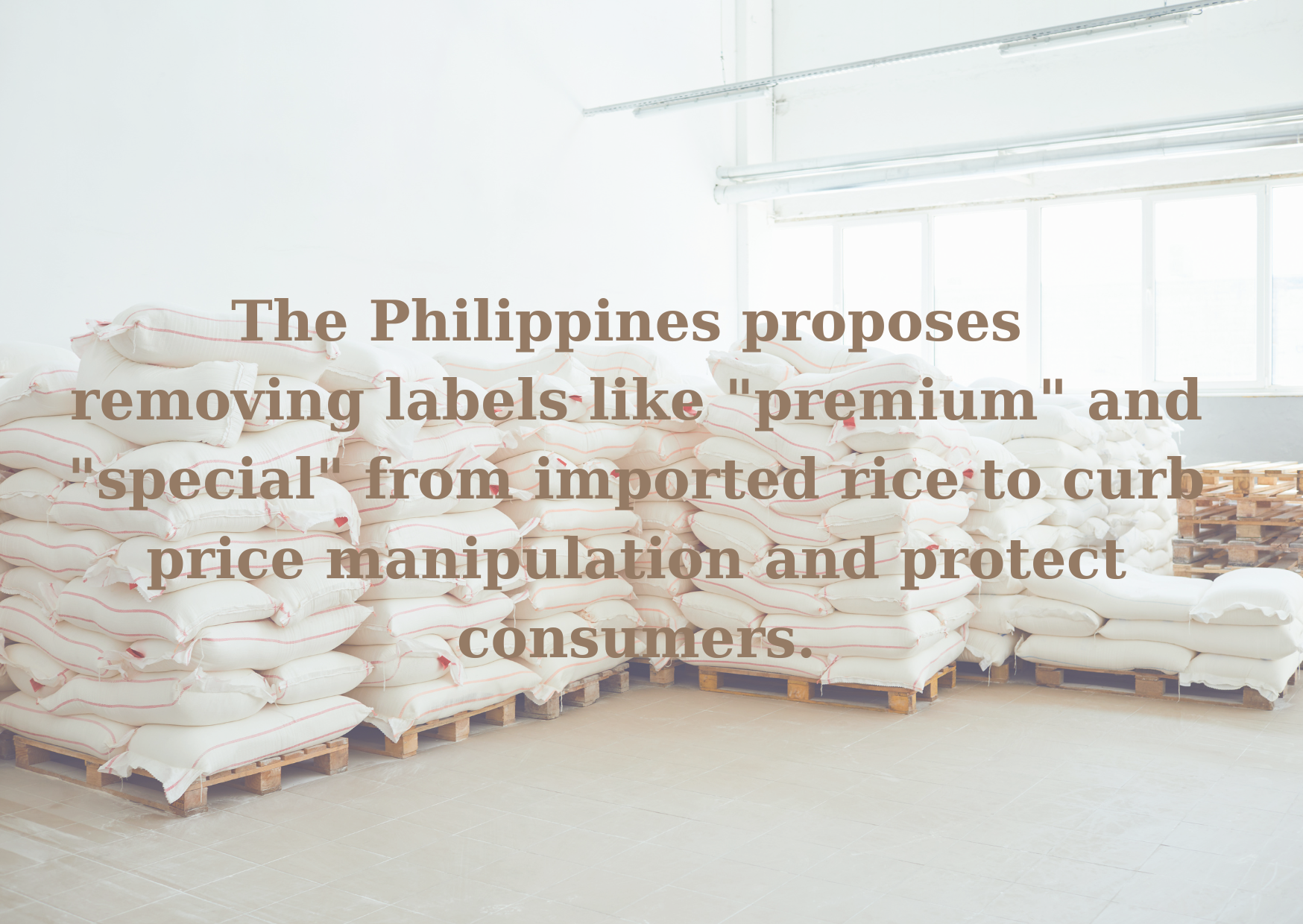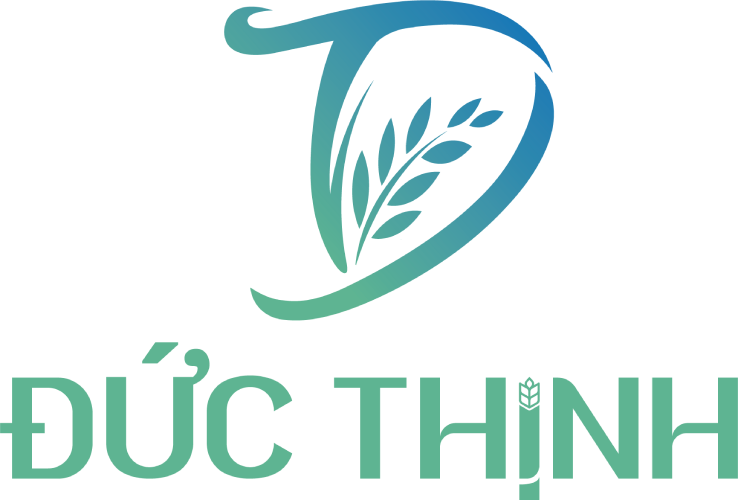Philippines Proposes Removal of Labels on Imported Rice to Curb Price Manipulation

Philippines Agriculture Secretary Francisco Tiu Laurel Jr. has proposed removing branding labels from imported rice as part of an initiative to combat price manipulation and ensure fair pricing for consumers. This measure aims to address issues where some traders and retailers use labels such as “premium” and “special” to justify inflated prices for imported rice, misleading buyers and distorting the market. By eliminating these labels, the government seeks to create a transparent and equitable rice market while safeguarding consumer interests.
The Department of Agriculture identified through market inspections that branding labels often lead to confusion among consumers. These labels are used to artificially inflate rice prices, creating a perception of higher quality that does not necessarily correspond to the product’s actual value. The proposed removal of such labels ensures that rice prices reflect real costs, reducing the potential for manipulation and profiteering by traders. To protect domestic farmers and locally produced rice, the measure will exempt locally grown rice from the label removal, ensuring that local producers remain competitive in the market.
Enforcement of this initiative will involve strict penalties for non-compliance, including the revocation of import licenses for traders and retailers who fail to adhere to the new rules. The Department of Agriculture has also proposed clear guidelines for determining profit margins on imported rice. For example, imported rice priced at 40 PHP/kg should have a retail price of no more than 48 PHP/kg, allowing traders to maintain reasonable profitability without exploiting consumers. This pricing structure aims to ensure affordability while supporting sustainable trade practices.
In addition to the label removal, the Department of Agriculture is considering complementary measures to stabilize rice prices. These include the potential declaration of a food security emergency under the amended Rice Tariff Law, enabling the use of national rice reserves to manage demand. State-owned corporations may also participate in rice importation to compete with private traders, thereby regulating prices and increasing competition. Strengthened consumer price laws will further ensure that profiteering is minimized and pricing remains fair across the market.
This proposal marks a proactive step by the Philippine government to enhance transparency and fairness in the rice market. By eliminating misleading branding, the initiative seeks to address the root causes of price manipulation and provide consumers with affordable rice. However, careful implementation will be essential to balance the interests of importers, traders, and consumers. Maintaining profitability for traders while preventing supply disruptions will require coordinated efforts across government agencies and the private sector.
The removal of labels from imported rice represents a significant move towards protecting consumer welfare and fostering a stable rice market. By addressing deceptive practices and promoting transparency, the Philippines takes a decisive step towards achieving food security and ensuring that rice remains accessible to all Filipinos.
